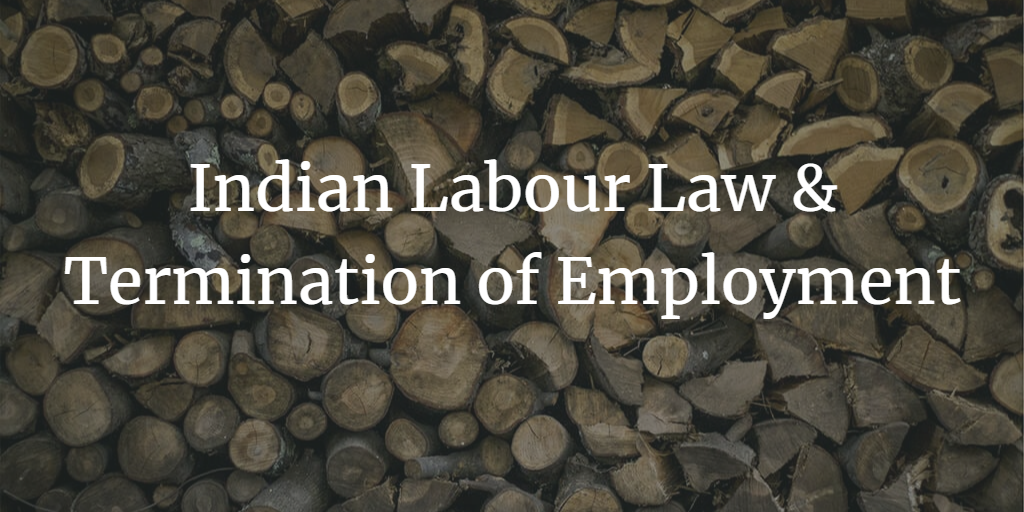Indian Labour Law & Termination of Employment: Understanding the Rules and Regulations

Table of Contents:
Introduction to Indian Labour Law
The Industrial Disputes Act, 1947
Termination of Employment: Legal Grounds
Notice Period and Severance Pay
Unfair Dismissal and Remedies
Employer Obligations and Employee Rights
Conclusion
1. Introduction to Indian Labour Law
Indian Labour Law comprises a plethora of statutes and regulations governing various aspects of the employer-employee relationship. One of the critical aspects of employment is the termination of employment, which must comply with the legal provisions to ensure employees' rights and protection.
2. The Industrial Disputes Act, 1947
The Industrial Disputes Act, 1947, is the principal legislation governing the termination of employment in India. It covers establishments with ten or more employees and provides rules and regulations for the termination of employees, including layoffs, retrenchment, and unfair dismissal.
3. Termination of Employment: Legal Grounds
An employer may legally terminate an employee's employment under specific circumstances, such as:
Expiry of the employment contract
Mutual agreement between employer and employee
Termination based on justifiable grounds, such as misconduct or unsatisfactory performance.
Redundancy or retrenchment due to operational reasons
4. Notice Period and Severance Pay
The Industrial Disputes Act mandates that employers must provide a notice period or pay in lieu thereof, and severance pay upon termination of employment, except in cases of termination for cause. The notice period and severance pay requirements may vary depending on the employee's length of service and the circumstances of termination.
5. Unfair Dismissal and Remedies
An employee may seek legal remedies if they believe they have been unfairly dismissed. Unfair dismissal includes termination without valid grounds, non-compliance with the required procedure, or discriminatory reasons. Remedies for unfair dismissal may include reinstatement, compensation, or both.
6. Employer Obligations and Employee Rights
Employers are required to follow the legal provisions and procedures when terminating employment, including providing notice, severance pay, and adhering to the principles of natural justice. Employees have the right to be informed of the reasons for their termination, challenge the decision if they believe it to be unfair, and seek legal remedies as appropriate.
7. Conclusion
Termination of employment in India is governed by the Industrial Disputes Act, 1947, and other relevant statutes. Employers must ensure compliance with the legal provisions, including providing appropriate notice and severance pay, to safeguard employees' rights. Employees should be aware of their rights and seek legal advice if they believe they have been unfairly dismissed.


